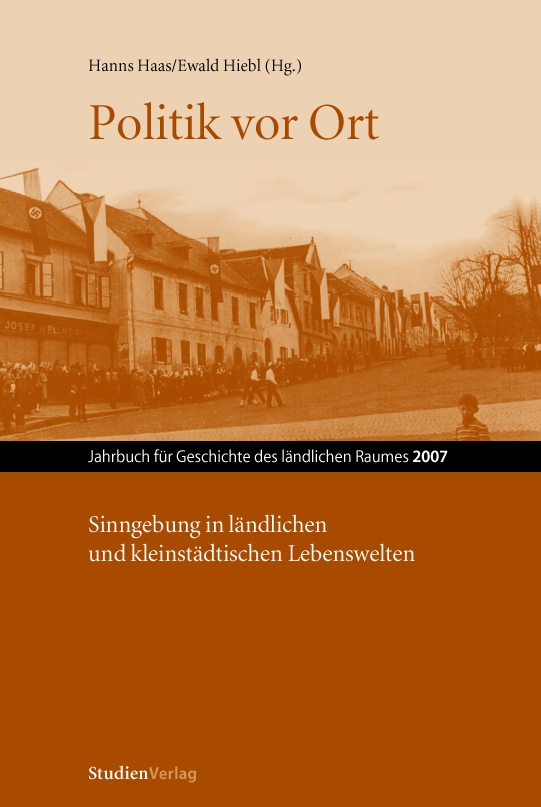Die Leute von Véménd/Wemend
Alltag und Politik im Leben der Ungarndeutschen
DOI:
https://doi.org/10.25365/rhy-2007-13Abstract
The Hungarian Germans as an ethnic minority group are living in ethnic as well as national fields of interaction. They integrate both ethnic and national elements in their double identity construction. That means that in their lifeworld they share everyday experiences with the Hungarian majority. This double lifeworld is taken for granted for the Hungarian Germans, since they were born in both ethnic and national fields. In this theoretical framework, the author analyses the life of a small German village in South-Hungary, Véménd. After introducing topographic, demographic, historical and economic processes in the village through 300 years of living in a host country, traditions are summarised in order to prove that the ethnic identity is rooted in the past and is based on the collective memories of the group. After this the changing life, modernisation, migration as well as assimilation versus dissimilation and survival strategies are introduced.


